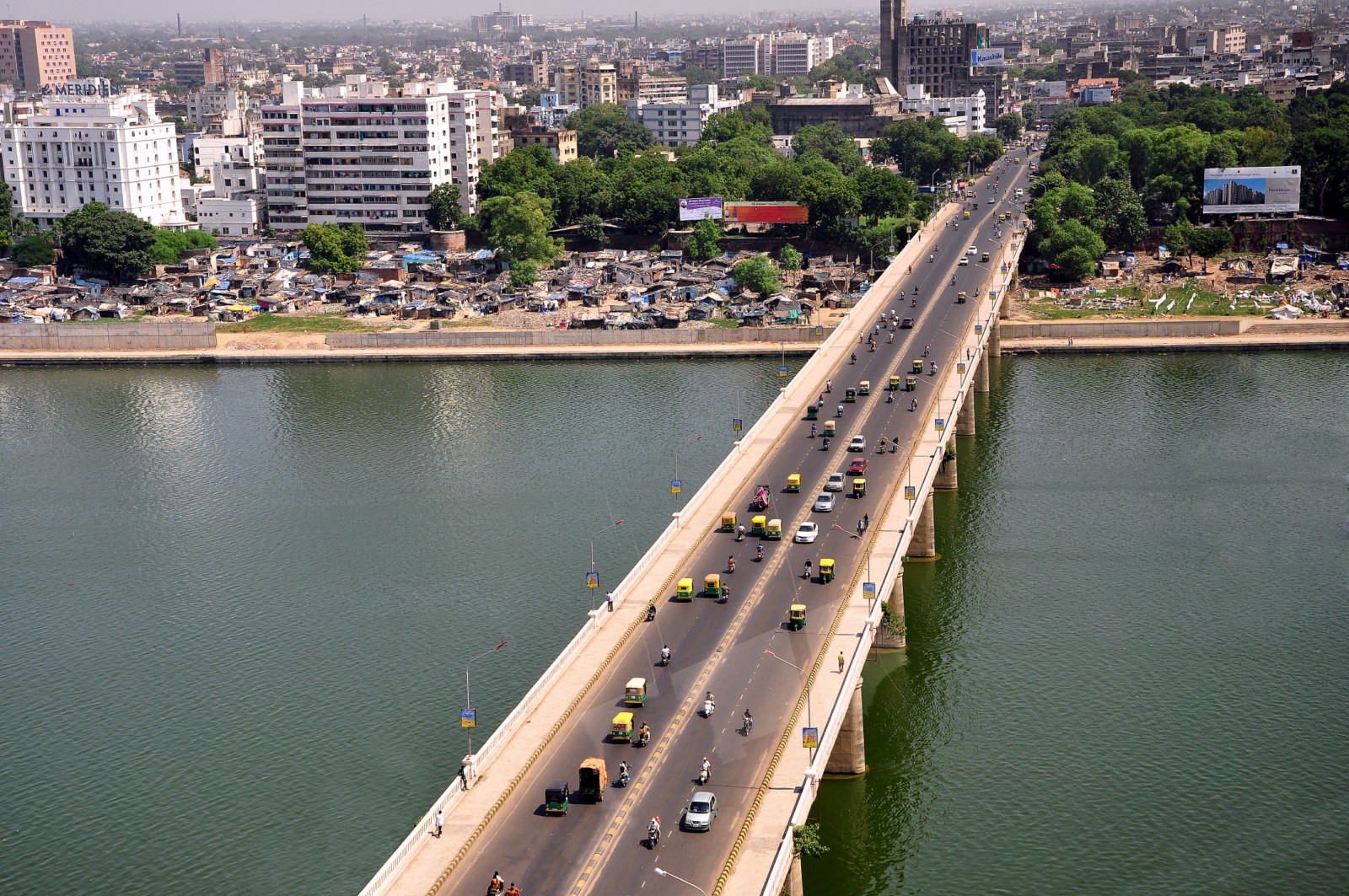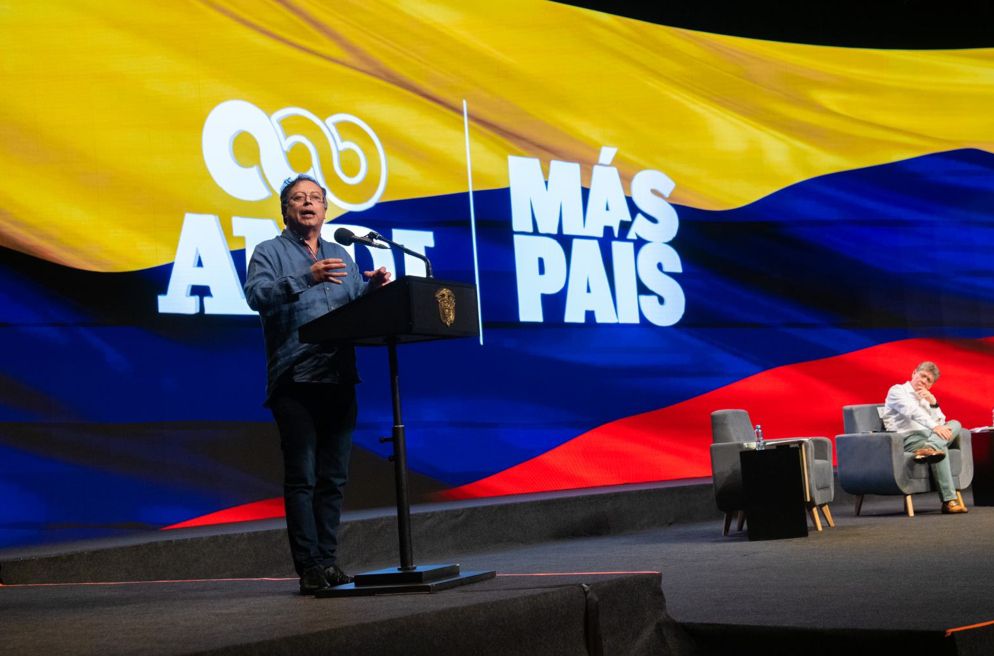Policymakers often face tough choices about the appropriate public policies to be formulated, adopted, and implemented. To arrive at a decision, they usually need to interact with data, evidence, the economy, institutions, politics, laws, social factors, and the people. LSE alum, Toluwalola Kasali explains why this is both a science and an art.
Policymakers are increasingly engaging in a complex and rapidly changing world – facing multifaceted and interconnected political, economic, energy, food, displacement, and climate crises – that affect people and their everyday lives.
These challenges create complex policy environments that pose difficult domestic and international choices for policymakers who must find solutions to address them and make tough decisions. In navigating these uncertainties, policymakers interact with data, evidence, the economy, institutions (domestic and international), politics, laws, social factors, and the people.
While data and evidence can inform policymakers’ decisions or spur policymakers to action (or inaction), other interactions – which are often ongoing and non-linear, also determine when, how, and why policies are formulated, adopted, and implemented.
The interplay of different factors make the policy formulation, adoption, and implementation process both a science and an art. Elected and nonelected government policymakers are often influenced by some of the following considerations:
Political Term Limits: In democracies where political leaders are accountable to the electorate and have term limits – different factors may influence the policymakers’ trade-offs between the short and the long-term nature of their policy choices, including the next election. Where policy decisions can affect an incumbent’s chances of re-election – that is, where information about the incumbent’s performance leads to citizens’ decisions as to who to vote for at the polls, policymakers might be eager to demonstrate performance or results. Policymakers may also focus on policy announcements as a show of commitment to campaign promises in the manifesto. However, these promises might be difficult to adopt, especially where evidence challenges the reality of those campaign promises. For example, politicians often make promises to simultaneously increase the minimum wage, widen government benefits programs, and introduce tax cuts in response to economic hardship – without much consideration for how the plans will be funded and the subsequent macroeconomic impact.
Political Feasibility: Policy choices based on data and evidence may not always be politically feasible. This can be due to timing, fiscal constraints, administrative limitations, political acceptability, public response, vested interests, etc. When this happens, proposed policies may be phased, put on hold, postponed, or avoided altogether. Where policymakers hold strong political interests and beliefs, they are more inclined to discount evidence that may have significant political costs to the detriment of good policy decisions. On the other hand, policymakers may be more inclined when it presents a win-win situation – especially for political advantage.
Political Will and Leadership: While good governance depends on building strong institutions that provide the framework for leaders to act in the public’s interest, policies that are eventually formulated, adopted, and implemented depend on good leadership and political will. Therefore, the level of political will and committed support of decision-makers affects policy adoption and implementation.
Domestic and International Interactions: Many policy issues have national, regional, and global consequences. Therefore, policymakers often need to balance domestic and international interests when engaging on issues such as climate change, energy transition, etc. Solutions to these challenges require coordinated responses and global cooperation while keeping a keen eye on the domestic situation. For example, individual countries cannot address the energy transition or climate change challenges on their own, as this requires engaging both at the domestic and international levels to align interests to achieve fair and equitable outcomes for all.
Trade-offs: Policymakers will not always have all the resources they need to address multiple policy challenges at the same time. Sometimes, fiscal constraints will necessitate trade-offs and prioritisation of the budget and government spending. This presents real challenges – as most trade-offs are difficult and costly – and policymakers have to make these tough choices.
Time Pressure: Policymakers often face intense time pressure, uncertainty, and conflicting information when dealing with unforeseen and politically sensitive events. In such cases, they may not always have the time to analyse all available information before taking policy action – as those situations require quick decisions and responses. For foreseen challenges, policymakers need to be in a position to manage such issues based on experience or forecast.
Stakeholders and Interest Groups: Policymakers are responsible for ensuring that the policymaking process is engaging and reflects the interests of various stakeholders, including business and trade associations, professional organisations, civil societies, labour unions, etc. This will impact the degree to which the policy is seen as responsive to the legitimate interests of different stakeholder groups that are to be affected by the policy, in addition to the data considerations that are likely to form the basis of the policy.
Privilege and Elite capture: Privilege in influencing policymaking accrues to a few based on their access to power, socio-economic status, and proximity to public officials. Those with such privilege do not always influence policies to create equal access to opportunities or benefits for all. In situations where the elite can capture the policymaking process – public resources tend to be targeted for the benefit of a few individuals based on their social and economic status in the society to the detriment of the larger population. Benefits may also not reach the intended beneficiaries or target groups defined by data. Barriers may also be deliberately created to restrict entry into political or economic spaces. While policymaking is targeted for the benefit of the overall population, elite capture can produce contrary results.
Public Opinion and Communication: Today, communication plays a vital role in the art of effective policymaking. Public acceptance of policies is often driven by open, transparent, and credible conversations and debates about the policy’s benefits, costs, distributive impact, etc. Policymakers may not always respond to public sentiments; however, in democracies, the people understand that policymakers need public support to stay in office. Policymakers, therefore, need to engage in decision-making processes that are transparent and accountable to the people.
Administrative Implementation: The institutional capacity and ability of implementing agencies to realise policy objectives within stated time and cost is essential to effective policy implementation. This often requires collaboration and coordination between ministries and agencies (instead of turf wars), policy champions, taking ownership of activities, and efficient resource management. Policymaking and implementation, therefore, require the collaboration of people across various fields – on an ongoing basis – working together to achieve a common goal – an art in itself.
Generally, policymakers will face tough choices about the appropriate public policies to be formulated, adopted, and implemented. To arrive at a decision, they usually need to interact with data, evidence, the economy, institutions (domestic and international), politics, laws, social factors, and the people. This is both a science and an art.
The views expressed in this post are those of the author and do not reflect those of the International Development LSE blog or the London School of Economics and Political Science.
Image credit: WordPress block patterns.





